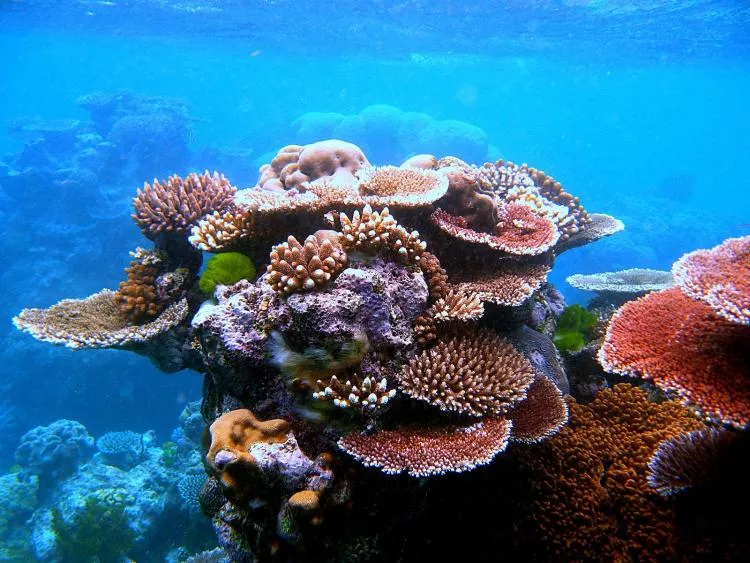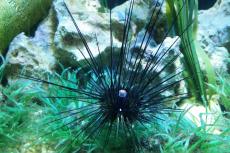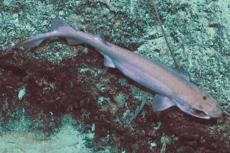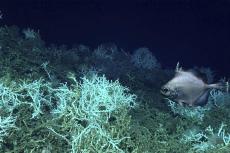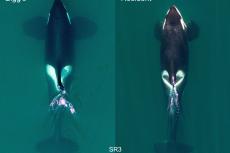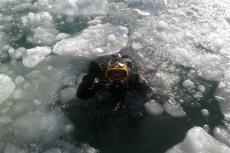Temperature and habitat changes have impacted Australia's reef fishes
The reef fish communities in Australia have been affected by environmental changes.
For more than a decade, some researchers in Australia have been monitoring coral reefs in the vicinity to see how rising ocean temperatures affect both the tropical and temperate reef fish communities.
The findings of their study was published in the Current Biology journal.
According to lead author Rick Stuart-Smith, a marine ecologist at the University of Tasmania, the team had focused on reef fishes as reefs provided many benefits to people and the fishes there helped maintain the natural ecological function of the reefs.
The impact of habitat and temperature changes varies according to the location of the reef. Specifically, tropical reef fishes appeared to be more affected by habitat change while those at temperate and subtropical reefs were more affected by temperature changes.
The research also revealed that losing coral and kelp cover can lead to fish populations with more generalist species, instead of niche species that have adapted to specific habitats. Evidence of this can be found in the northeastern Australian regions.
Besides hoping that more widespread, standardised and coordinated local research be conducted to better evaluate global trends, the team also called for more climate-related reef research.
According to them, the changes they had observed around the Australian continent over such a short time period indicated that much larger changes were likely to occur as oceanic warming continued.


